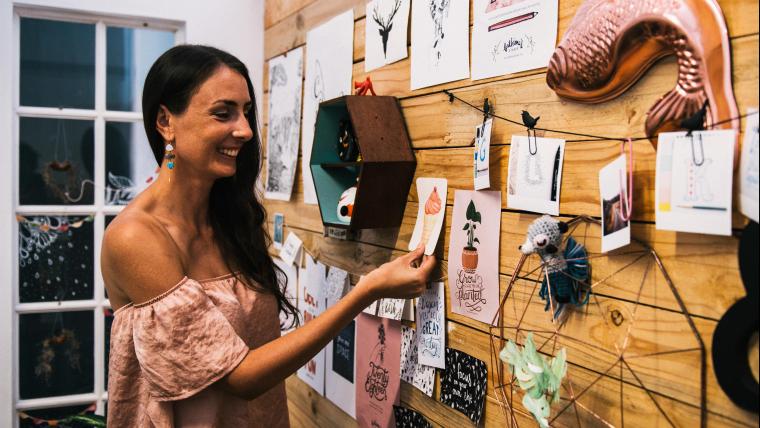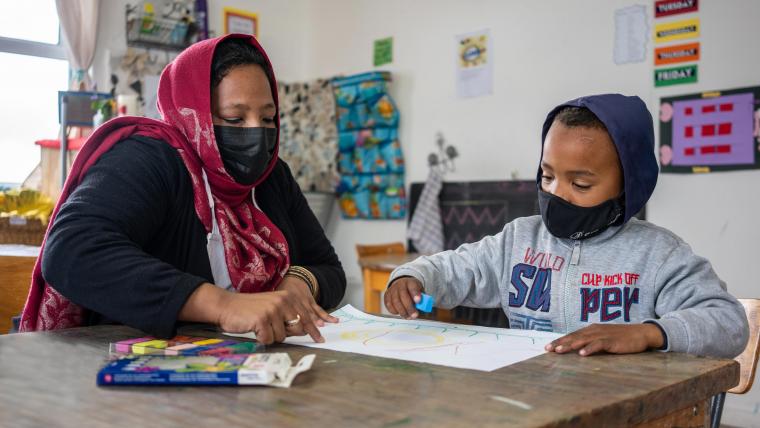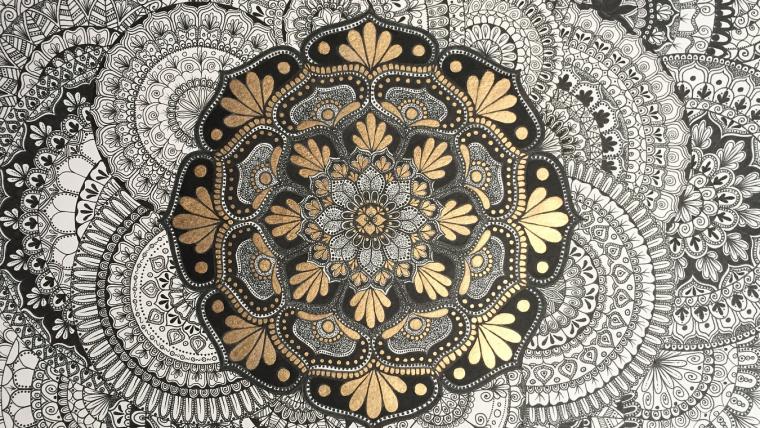
How to tell original stories in a digital age
As David Mann approached the end of his studies, the euphoria of his accomplishment crashed up against the looming anxiety and uncertainty presented by the outside world. While most graduates-to-be suffer stress over gaining employment, the cloud over his future was formed by more than economics. As a journalism student Mann feared for the survival of his voice. The media industry would be an onerous space to navigate, governed by conventions that felt limiting and outdated. So he set in motion a back-up plan that would turn into an award-winning publication.
Alongside Niamh Walsh-Vorster, who had graduated a year before, Mann launched an online non-profit publication dedicated to housing organic creative content from anyone wanting to make their voice heard. Free of the burden of external benefactors and the demand for revenue, Ja. magazine allows writers, artist, poets and the like to genuinely express themselves without restriction. In order to create this space Mann and Walsh-Voster maintain the magazine on top of full-time lives. Needless to say this requires more than a few sleepless nights.
But it’s worth it, for the very reason that they pursued careers within the creative arts in the first place – to have a say, and leave a mark. Their commitment has won them an award for innovation and excellence at the 2016 Arts Journalism Awards. It’s not hard to see why. Ja.’s presence online has been marked by a distinct visual identity. The bimonthly e-zine is handcrafted before being digitised for its readership, a testament to the love of print that took hold of its founders during their days in student press. But beyond its captivating design, the publication is performing a role that is crucial to our democracy. It gives South Africans an unrestrained voice.






























Please sign in to leave a comment